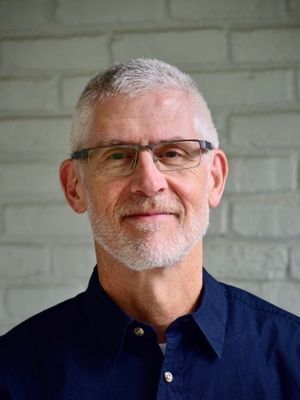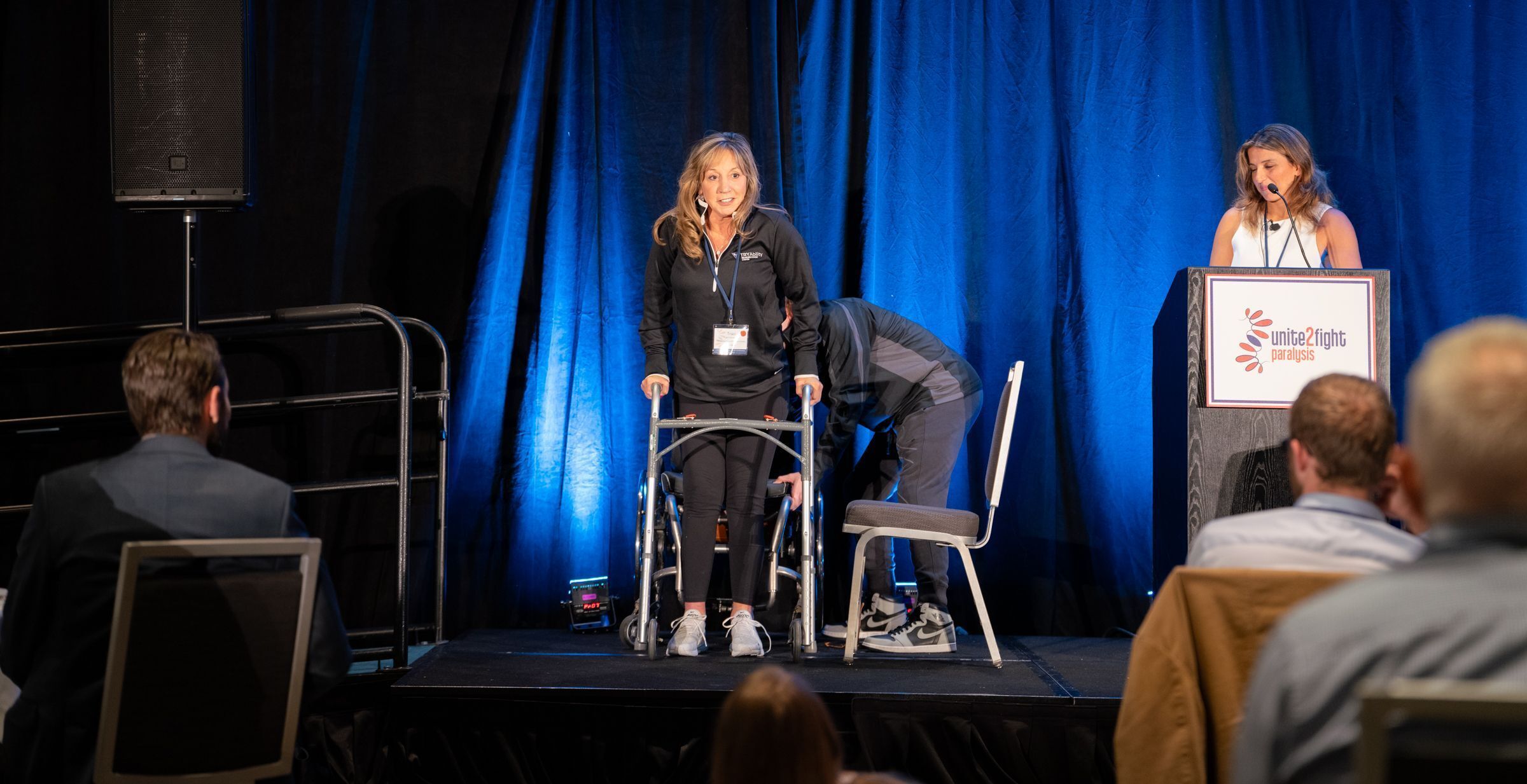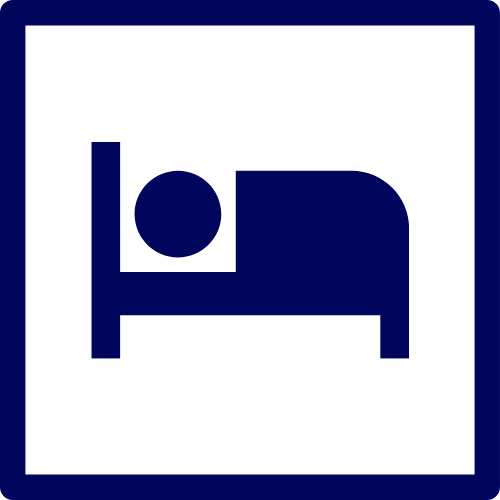
David S. K. Magnuson, PhD
Professor of Neurological Surgery, University of Louisville
Abstract
Sex and Drugs and Taking a Stroll: Spinal Cord Injury Research Priorities.
Spinal cord injury disrupts every organ and system in the body, and this disruption is dependent to a greater or lesser extend on the injury level, severity, prescribed drugs and therapy/rehab efforts, plus many other factors. The inability to stand and walk are consequences obvious to everyone, but other dysfunction (bladder, bowel, sexual function, etc.) is not. Based on this description, spinal cord injury is a whole-body syndrome; a collection of symptoms and deficits that affect many/all organs via both direct and indirect links to the site of the initial injury. So, how do researchers decide what to study, and are the commonly used animal models appropriate? How do funding strategies, academic practices and other outside forces influence what research gets done? How do the priorities of those with spinal cord injuries, and their caregivers, influence research, research funding, translational efforts and clinical trials?
Spinal cord injury causes immediate and profound inactivity/immobilization. The injured are given a dozen or more different drugs, and all this is during a period of attempted growth and repair in the spinal cord that has consequences for other organs and systems. Our goal will be to explore and discuss these issues and to address some tough questions about our priorities.
Funding: Department of Defense SCIRP, NIH/NINDS, Craig H Neilsen Foundation, Wings for Life Foundation. Opinions expressed are not necessarily endorsed by these agencies.
Bio
Dr. Magnuson received his BSc (Biology) at the University of Victoria, his PhD (Neuroscience) from the University of British Columbia and did postdoctoral work at University College London and at the University of Ottawa. He joined the Department of Neurological Surgery at the University of Louisville in 1995 and was a founding member of the Kentucky Spinal Cord Injury Research Center. He was promoted to Professor and awarded the Friends for Michael Chair in Spinal Cord Injury Research in 2010. His research efforts have focused on spinal cord circuitry, the central pattern generator for locomotion, plasticity, rehabilitation and how activity influences functional recovery after SCI. Most recently his laboratory has explored the influence of activity & muscle stretching on locomotor recovery and the impact of passive cycling on cardiovascular function. In addition, in collaborative work his lab is using viral-based synaptic silencing and computer modeling to explore the roles of long-propriospinal neurons in locomotor function before and after spinal cord injury. His service has included roles as the Vice-President of the National Neurotrauma Society (2015-2016) and as a member/Vice-Chair of the Research Committee of the American Spinal Injury Association (ASIA) and he was recently named a “Fellow of ASIA”.






















